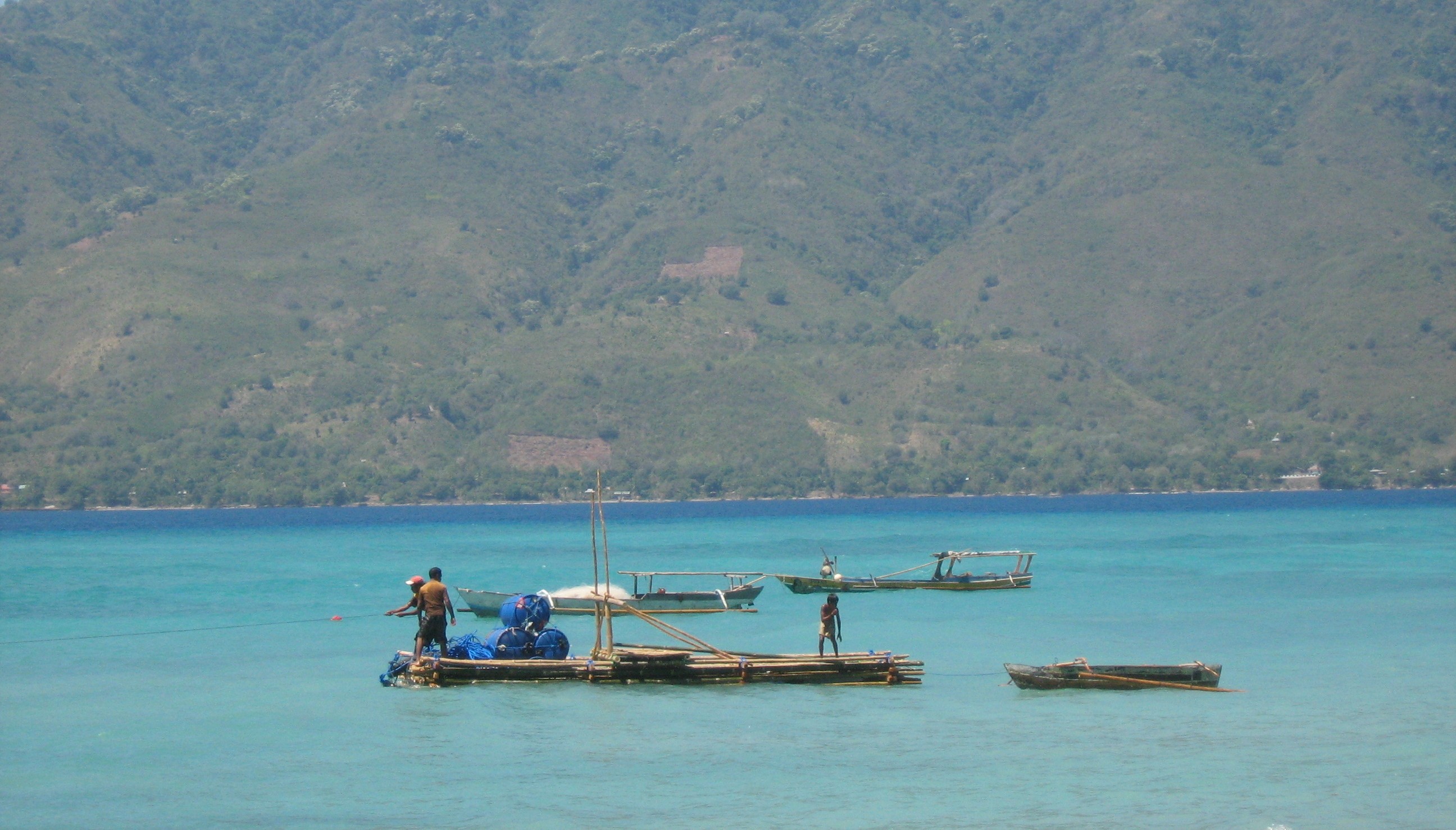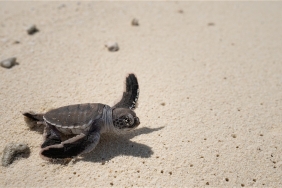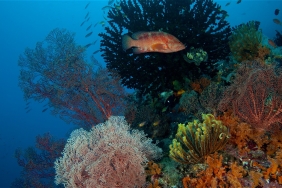DITJEN KP3K AND WWF SYNERGIZE MARINE RESOURCE MANAGEMENT PROGRAMS
By: Dwi Aryo Tjiptohandono
In an effort to improve integrated and comprehensive management of marine protected areas based on the best scientific knowledge of ecosystems and their dynamics, WWF-Indonesia synergizes cooperation programs with the Directorate General of Marine, Coastal and Small Islands of the Ministry of Maritime Affairs and Fisheries (KP3K KKP) through the signing of a Cooperation Agreement (PKS) on Sustainable Management of Marine, Coastal and Small Island Living Resources.
The signing of the PKS which was carried out on the sidelines of the National Seminar on Coral Reef Rescue - Coral Reefs for Sovereignty, Sustainability and Prosperity which took place at the Graha Marine Building in Jakarta was the beginning of a new step for both parties in the management of coastal areas and small islands to support the overall program of the Ministry of Maritime Affairs and Fisheries (KKP) towards aspects of sustainability that prioritize improving community welfare.
Until 2014, marine protected areas in Indonesia have reached 16.4 million hectares. By 2020, it is targeted that Indonesia's marine protected areas will reach 20 million hectares or 6.5% of the 310 million hectares of Indonesian waters. The UN Convention on Biological Diversity (KKH or United Nations Conventions on Biological Diversity) requires that at least 10 percent of coastal and marine areas, especially areas important for biodiversity and ecosystem services, be effectively conserved and equitably managed.
Through this collaboration, DG KP3K and WWF-Indonesia will collaborate for three years to develop and strengthen the management of marine protected areas, economic development and alternative livelihoods of communities, utilization of small islands, spatial planning of coastal areas, development of disaster mitigation models, climate change adaptation, and ecosystem rehabilitation, as well as support for marine, coastal and small island databases.
WWF-Indonesia Foundation Coral Triangle Program Director Wawan Ridwan said, "WWF-Indonesia fully supports efforts to strengthen the management of marine protected areas at the local regional and national levels. Cooperation with the Directorate General of KP3K is expected to realize the management and utilization of marine, coastal and small island biological resources in a sustainable manner."
The management of marine protected areas can improve the ability of ecosystems to survive and recover from the pressures of human activities and mitigate the impacts of climate change. MPAs are also recognized as attracting and sustaining coastal tourism, supporting the growth of employment and trade related to marine sectors at local, regional and national levels,
"Some of the work programs contained in this cooperation text include efforts to effectively protect critical habitats, key species and ecological functions that have an important role to restore, protect and enhance biodiversity, productivity and food security for current and future generations," added Wawan Ridwan.
The working area of WWF-Indonesia's Coral Triangle Program is spread throughout Indonesia's marine waters and also includes several areas of Inland Public Waters (PUD). For marine waters and especially related to the management of marine protected areas, WWF-Indonesia focuses on centers of biodiversity such as the Sunda Banda Seascape (Sunda Banda Seascape), the Bird's Head Seascape (Bird Head Seascape) and the Sulu Sulawesi Seascape (Sulu Sulawesi Marine Ecoregion).





